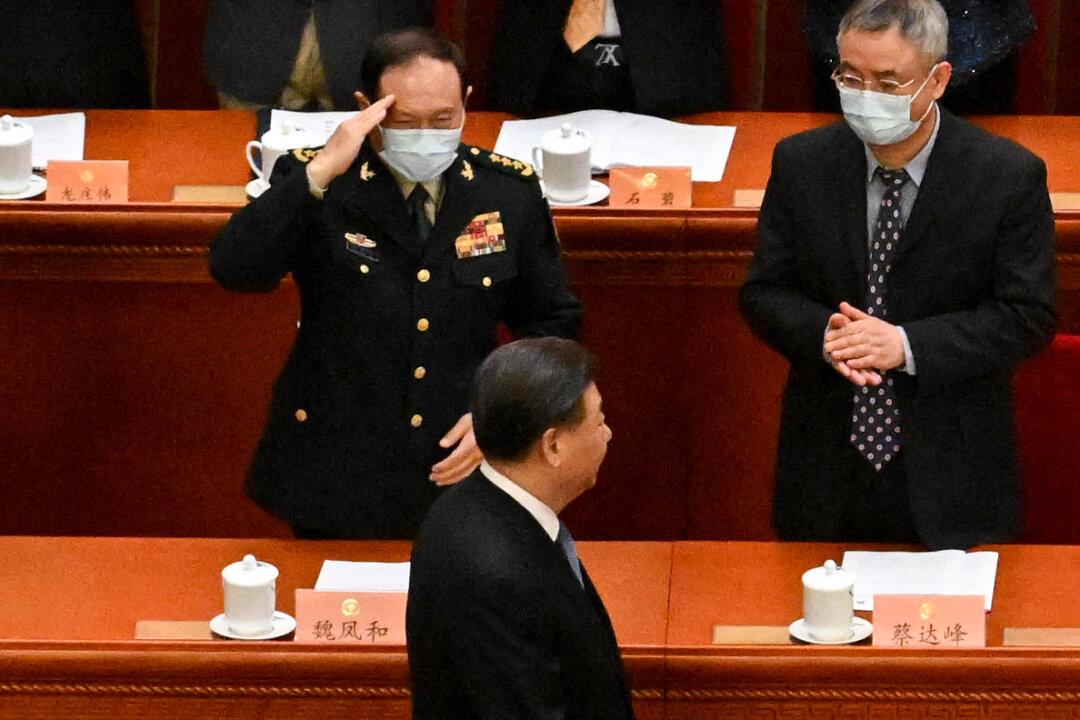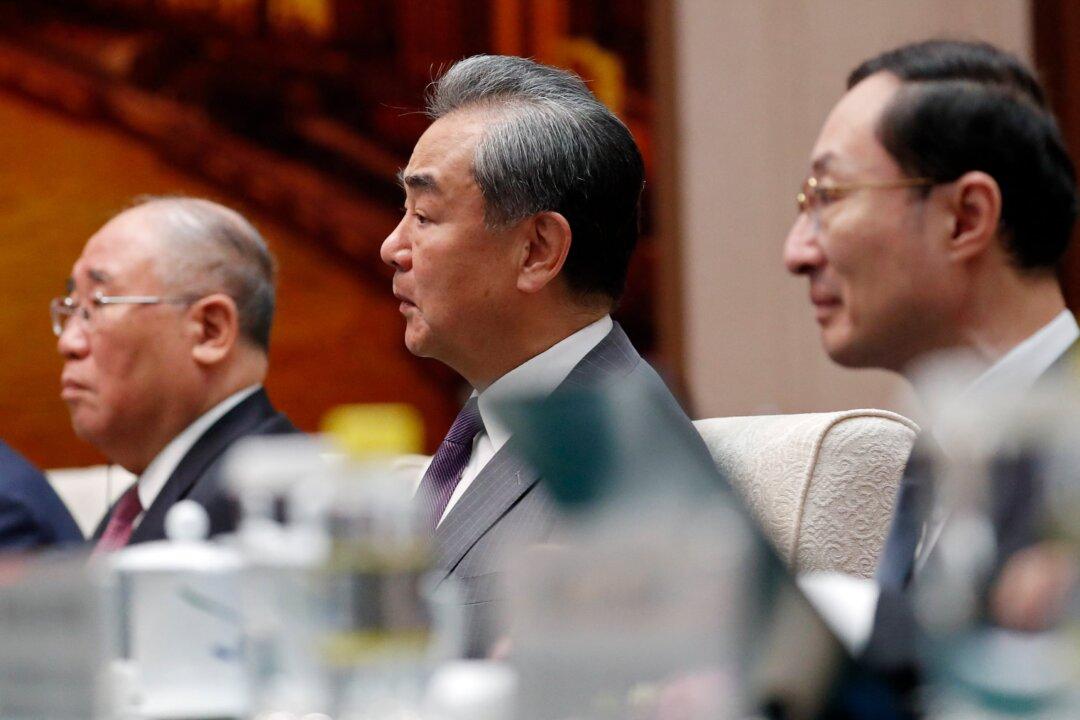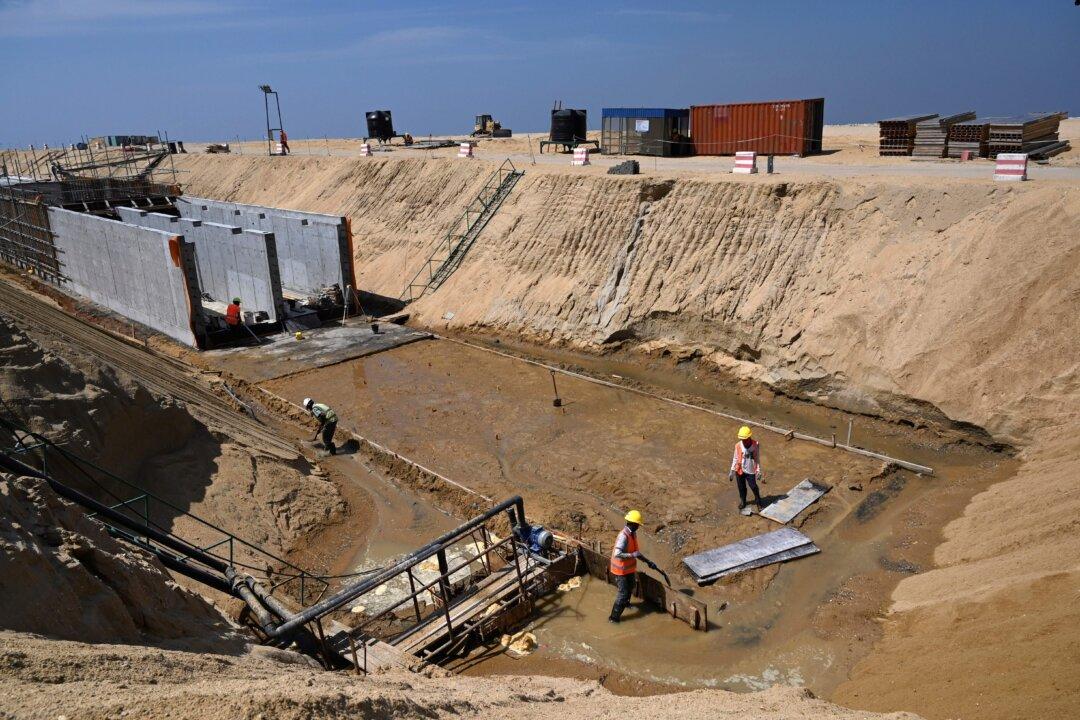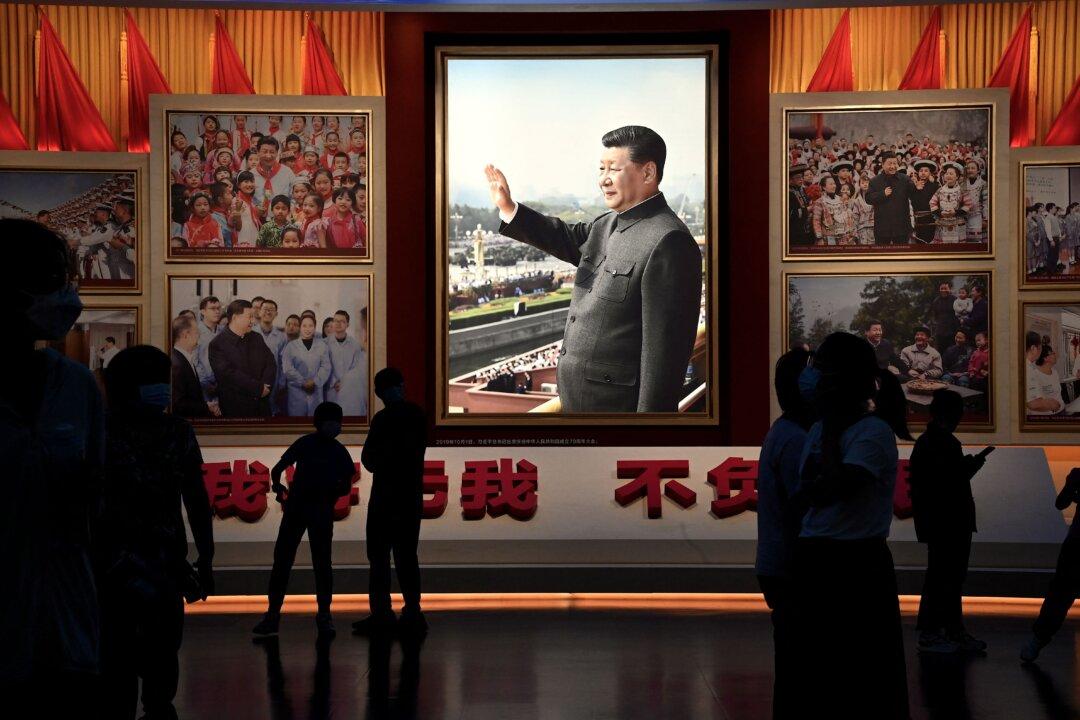U.S. House Speaker Nancy Pelosi ended her visit to Taiwan on Aug. 3, delivering a message of “America’s determination to preserve democracy” in the self-ruled island. According to a China expert, Pelosi’s visit posed an unprecedented challenge to Chinese leader Xi Jinping, as he is betting on his “Taiwan card” as he seeks a third term in the fall of this year.
Xi and the other six members of the Politburo Standing Committee did not make public appearances after July 31 and had not been seen by the time Pelosi left Taiwan on Aug. 3. The Politburo is the most powerful body in the Chinese Communist Party (CCP), with the Politburo Standing Committee at the top of the power pyramid.





